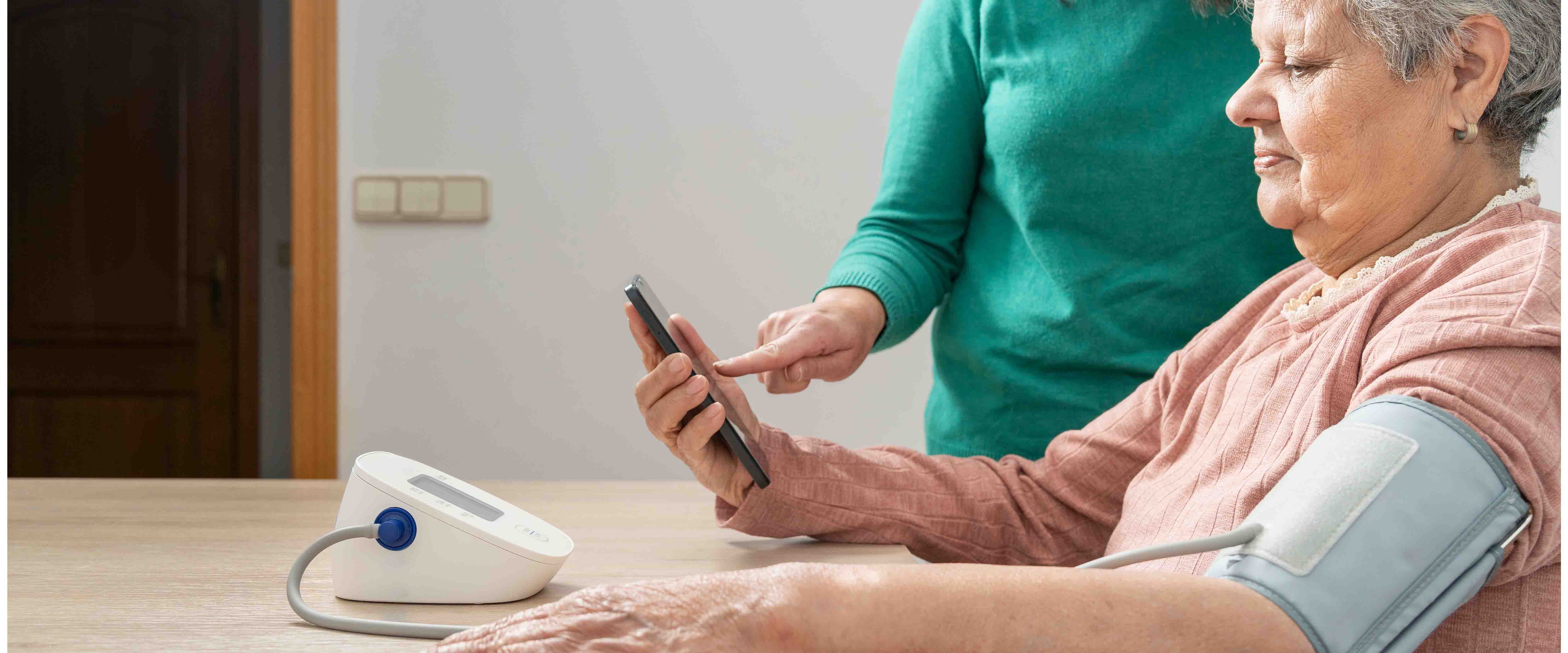In this article:
- Sugar-sweetened beverages include soft drinks, sports drinks, energy drinks, flavored coffee beverages, sweet tea, and fruit drinks.
- More than half the population has at least one sugary drink on any given day.
- Sugar-sweetened beverages are high in calories and sugar, and consumption is linked to higher body weight and risk for diabetes. You can limit sugar from beverages by hydrating with water or other low-calorie beverages. You can also choose smaller sizes of sugary drinks and have them less frequently.
- Lark offers a friendly and encouraging program that can help you track water intake and guide you as you choose foods and beverages that are lower in sugar.
If you want to lose weight and improve health, drinking sugar-sweetened beverages can be something to focus on. Sugar-sweetened beverages are the biggest source of sugar in the American diet, and they tend to be low in nutrients. Here’s what you should know about sugar-sweetened beverages, how to recognize them, and what you can drink instead.
List of Sugar-Sweetened Beverages
Sugar-sweetened beverages are just that: beverages with added sugar to make them sweeter. They may have ingredients such as white sugar, corn syrup, and high-fructose corn syrup.
Soft drinks, such as cola, lemon-lime drinks, root beer, and cream soda, are the most common sugar-sweetened beverages. Here are some other beverages with sugar.
- Fruit drinks, such as fruit punch and lemonade
- Sweet iced and hot tea
- Flavored coffee beverages
- Sports drinks
- Energy drinks
Sugar-Sweetened Beverage Consumption in the US
The Dietary Guidelines for Americans say that sugar-sweetened beverages account for 24% of total added sugars. Soft drinks account for most of that, with fruit drinks and sports drinks also contributing. Coffee and tea account for another 11% of added sugars.
On any given day, nearly 2 in 3 American adults drink at least one sugar-sweetened beverage. That’s a problem for health and weight!
Sugar-Sweetened Beverages and Your Weight and Health
Sugar-sweetened beverages are high in calories, carbs, and sugar, and they tend to be low in nutrients. On average, people who drink more of them have higher body weights. Drinking sugar-sweetened beverages raises your risk for many health conditions, including:
- Prediabetes and diabetes
- Heart disease and high triglycerides
- Gout
- Tooth decay
Soda consumption can reduce bone mineral density and increase the risk of osteoporosis due to phosphates in the beverage.
Calories and Sugar in Sugar-Sweetened Beverages
Here’s a look at calorie and sugar counts in common sugar-sweetened beverages.
To put these values into context, consider this: a 12-ounce can of soda has the amount of sugar that is in 5 Oreo cookies. A 20-ounce bottle of soda has 15 teaspoons of sugar, or more than a quarter-cup.
The total number of calories from added sugars should be no more than 10% of your daily total calories. For someone on a 1,600-2,000 calorie diet, that’s 160-200 calories daily from sugar, or 40-50 grams of sugar per day.
Staying Hydrated without Sugar-Sweetened Beverages
If you regularly drink sugar-sweetened beverages and aren’t ready to give them up, consider cutting back on them. You might have smaller portions, such as choosing a 12-ounce can instead of a 20-ounce bottle or 32-ounce fountain drink. You might also have them less often, such as once instead of twice daily, or every other day instead of every day.
There are plenty of healthy options to stay hydrated without sugar-sweetened beverages. The healthiest is water. It’s calorie and sugar-free. Great choices include plain water, ice water, and sparkling water. You can also flavor your water with a wedge of lemon, fresh herbs such as basil or mint, a slice of fruit such as peach or strawberry, or a slice of cucumber.
Unsweetened coffee and tea are also great choices. Herbal tea is naturally caffeine-free. If you have caffeinated beverages, it’s best to keep caffeine to less than 400 mg daily or as your healthcare provider recommends.
You can add to your fluid total with controlled amounts of nutritious beverages.
- Low-sodium vegetable juice has 30 calories per cup and is rich in antioxidants, potassium, and vitamins.
- Skim milk has 90 calories per cup, and it’s high in protein and calcium. The Dietary Guidelines say increasing fat-free and low-fat milk consumption could be a healthy choice for most Americans.
It’s best to monitor consumption of caloric beverages, even if they’re healthy, to make sure you’re not getting more calories than you think from beverages.
100% fruit juice has no added sugar, but it has as many calories and total sugar as fruit drinks and soda, and it has the same effect on your blood sugar. Keep your consumption to a half-cup or cup per day.
How Lark Can Help
It’s important to stay hydrated, but regularly drinking sugar-sweetened beverages can get in the way of health and weight loss goals. You can track your water intake and choose healthier foods with Lark. Your Lark coach is available 24/7 to help turn healthy choices in nutrition, physical activity, and overall lifestyle into habits for long-term success.
Click here to see if you may be eligible to join Lark today!



.jpg)








.webp)





-images-0.jpg)

